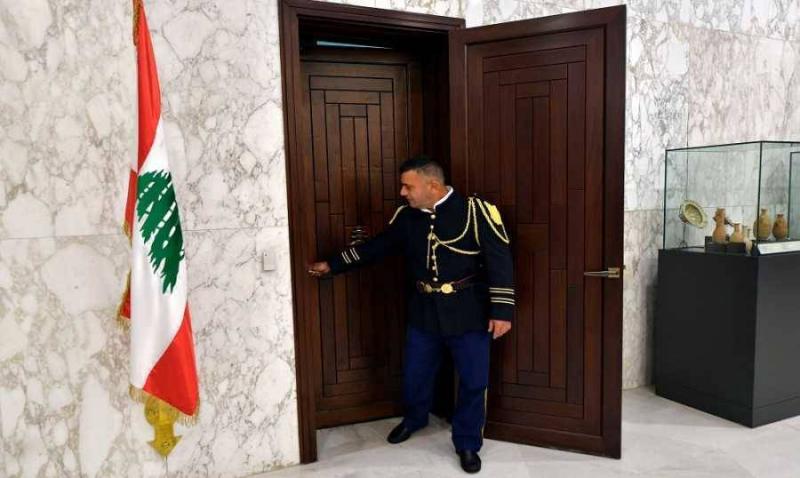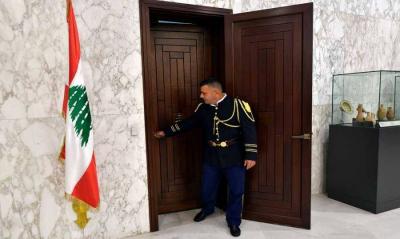It is clearly evident, aside from various interpretations, that the visit of the French presidential envoy Jean-Yves Le Drian to Lebanon has not yielded results, despite high hopes. He has confirmed that he will return to Beirut and that his mission is not over. According to an informed source, a president will be elected based on the Doha agreement with the role Le Drian plays. U.S. Ambassador Lisa Johnson has traveled to Washington to consult with her administration regarding the Lebanese situation, especially concerning the presidential file, indicating that a U.S. presidential role is anticipated, potentially through Amos Hochstein.
Some believe that there are obstacles and difficulties to electing a president, and, ultimately, the decision lies with Washington, which has the ability to impose a president. Lebanese politicians relay that there is discontent within French circles, as Paris has always been a nurturing mother and has a unique political, cultural, and social relationship with Lebanon that cannot be disregarded for any other role. Others argue that French President Emmanuel Macron's "mistake" was visiting Tel Aviv immediately after the October 7 operation and competing with the United States in supporting Israeli Prime Minister Benjamin Netanyahu's government, leading to widespread Arab dissatisfaction. Consequently, this resulted in a setback for Le Drian during his meeting with Mohammad Raad, head of the "Loyalty to the Resistance" bloc, signaling that the stance of the Shiite duo was clear to the French envoy, while the American decision remains central to all upcoming challenges.
Informed political sources tell "An-Nahar" that the visible truth now indicates that the U.S. and the Shiite duo have the primary role and decision in electing a president, without ignoring the Saudi role for various reasons. No president can come without the Kingdom’s endorsement. Furthermore, some recent developments must be assessed, notably the American-Iranian-Saudi intersection expected to lead to a settlement and, consequently, the election of a president. This does not overlook the Doha agreement’s framework, which hosted the five-party meeting, in addition to all the gatherings that occurred from Jeddah to Riyadh and the five-party meetings in Beirut.
Recent significant advancements include the appointment of the first Saudi ambassador to Syria, Faisal bin Saud al-Majfal, after diplomatic relations were resumed, marking the first such appointment since the closure of the Saudi embassy in 2012. The meeting between Syrian President Bashar al-Assad and Saudi Crown Prince Mohammed bin Salman, on the sidelines of the recent Bahrain summit, alongside Assad's participation in the Arab summit in Jeddah a year earlier, raises questions about whether the "S-S" equation, which played a role in Lebanon and the passage of its electoral processes, especially the election of a president, will return. Sources indicate that these developments are significant at this stage, but circumstances may have changed from the "S-S" equation that existed during the reign of the late King Abdullah bin Abdulaziz and President Assad, which produced understandings and stability in Lebanon. Currently, the situation is completely different, with Tehran's presence post-Syrian war, rendering Damascus less able to control the Lebanese file as it did previously, according to "An-Nahar."




